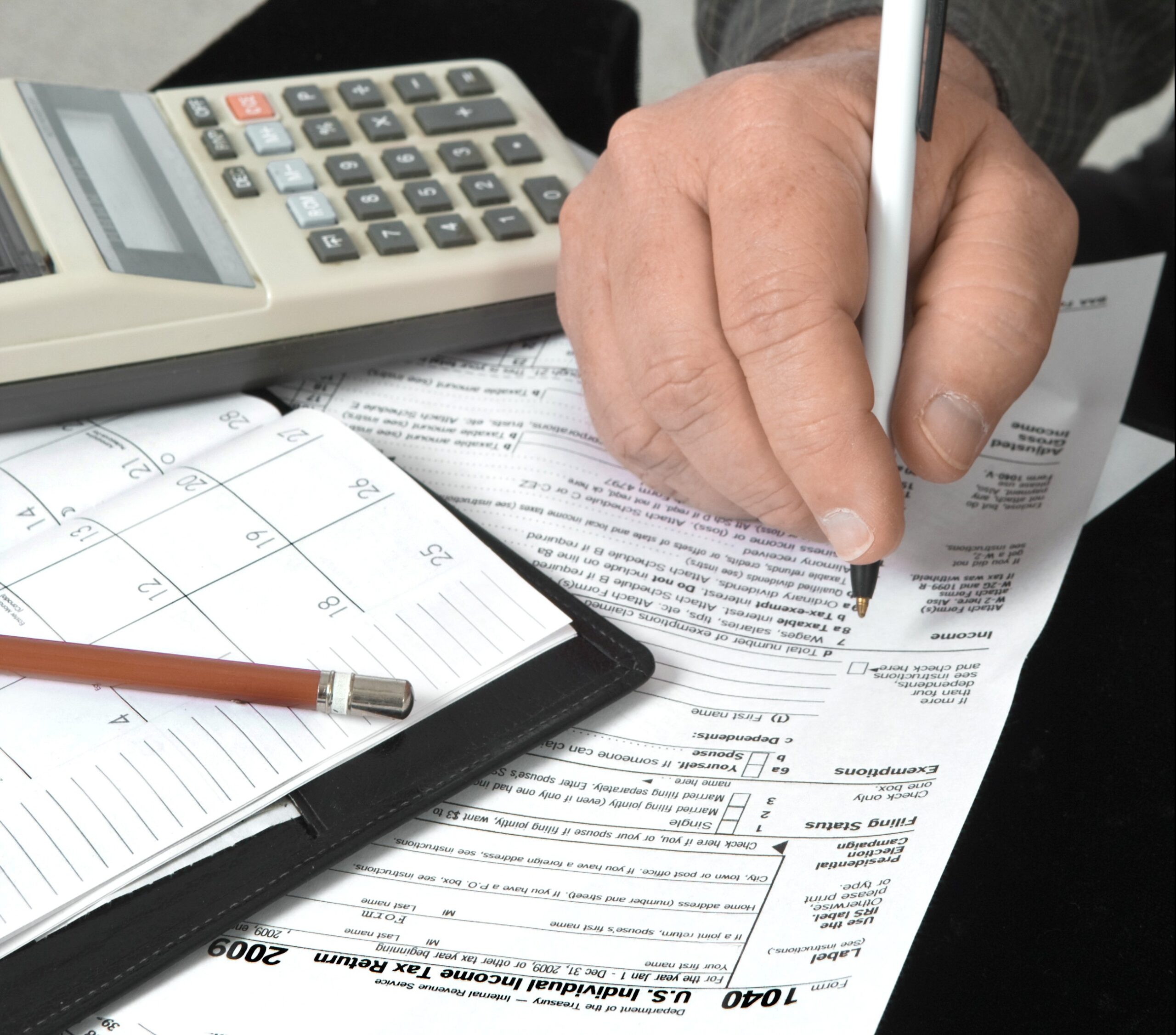The key to successfully preparing your tax return is to gather all the required documents. Much of the information you need to prepare your tax return is required to be mailed or delivered to you by January 31. Any envelope labeled “important tax information” should be set aside for future use.
In this regard, you should watch your mail carefully for the following:
- Wage and withholding statements on Form W-2;
- Pension, annuity and IRA distributions on Form 1099R;
- Interest income and dividends from non-brokerage accounts (Form 1099 INT and Form 1099 DIV respectively;
- Mortgage interest expense on Form 1098;
- Information related to education expenses including tuition billings (Form 1098-T) and distributions from Qualified Tuition Plans (aka 529 plans) on Form 1099-Q;
- Social Security Benefits on Form SSA-1099; and
- Self employment income, rents and awards on Form 1099-MISC.
Most taxpayers will also need records to comply with the Affordable Care Act. Those who received advanced premium credits will need to reconcile the credit received with the actual credit allowed based on income. Others will need proof of insurance coverage to avoid imposition of a penalty “tax”, which will adjust next year, but for the 2014 tax year equals the greater of $95 or 1% of income. Look for forms in the 1095 series (Form 1095-A, 1095-B and or 1095-C) from your insurance carrier or employer. These forms should be out by January 31. But with the one year delay of the employer mandate, there is some uncertainty about which forms you will receive and some insurance companies will be providing the information in letters rather than the official forms.
By February 15 brokerage accounts are required to issue consolidated 1099s that cover your dividends (Form 1099 DIV), interest income (Form 1099 INT) and stock sales (Form 1099-B). Review the stock sales for any missing cost basis as you will need to provide this information from your records.
If you own an interest in a partnership, LLC or S corporation or are the beneficiary of a trust, you cannot file until you have received a Schedule K-1 from each entity reporting your share of income and deductions for the year. Schedule K-1 is required to be delivered to you no later than April 15. That doesn’t give you much time to complete your return. And if the entity extends its return, you may not receive your Schedule K-1 until as late as September 15. In that event, you will need to extend your individual tax return too.
Itemized deductions require more work. While most types of income are required to be reported to IRS and you merely collect the forms, the burden of determining deductions falls on the taxpayer. Other than the mortgage interest expense (Form 1098) records you will want to gather are:
- Checks and receipts for real estate tax and personal property tax paid in the year.
- Charitable contribution receipts. You must have documentation of all contributions, regardless of the amount. Any contribution in excess of $250 must be supported by a contemporaneous receipt from the recipient that meets certain IRS guidelines.
- Out of pocket medical expenses, insurance premiums, co-pays and deductible. These will only be deductible if the total exceeds 10% of your adjusted gross income (7.5% for those over age 65).
- Other deductions are only deductible if they exceed 2% of your adjusted gross income. If you can exceed that threshold gather your receipts. Items in this category include unreimbursed business expenses, investment fees and job hunting expenses.
List and verify the date and amount of any federal or state tax payment made for the 2014 tax year.
Have you been the victim of tax related identity theft? If so, IRS may have sent you an Identity Protection PIN (IP Pin). This six digit number is assigned to some taxpayers to help prevent misuse of Social Security Numbers on fraudulent tax returns. This would have come in the form of a letter from IRS issued in December. If you lost your IP Pin go to http://www.irs.gov/Individuals/Get-An-Identity-Protection-PIN to get a current IP Pin.
This list covers only the basic and most common items. Additional records might be needed if you own a business or rental property, have contributed to or made distributions from a Health Savings Account (HSA), have contributed to Individual Retirement Accounts (IRA) or sold a house during the year, to name a few.
We hope this gives you a start to gathering the records needed to file your 2014 tax returns. If you have any questions, contact your Moneta Family CFO.
________



